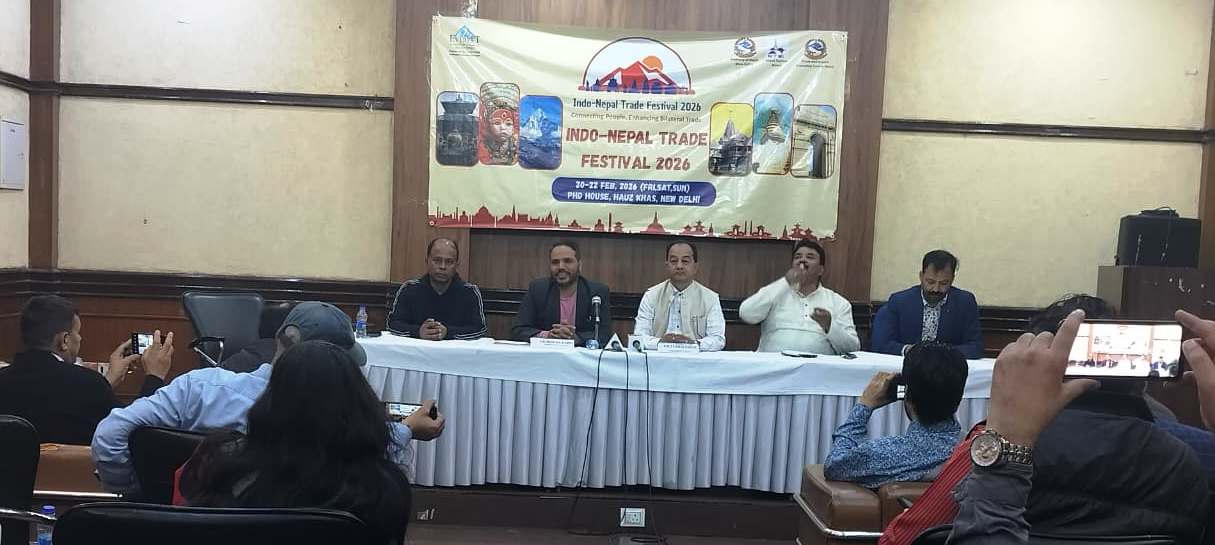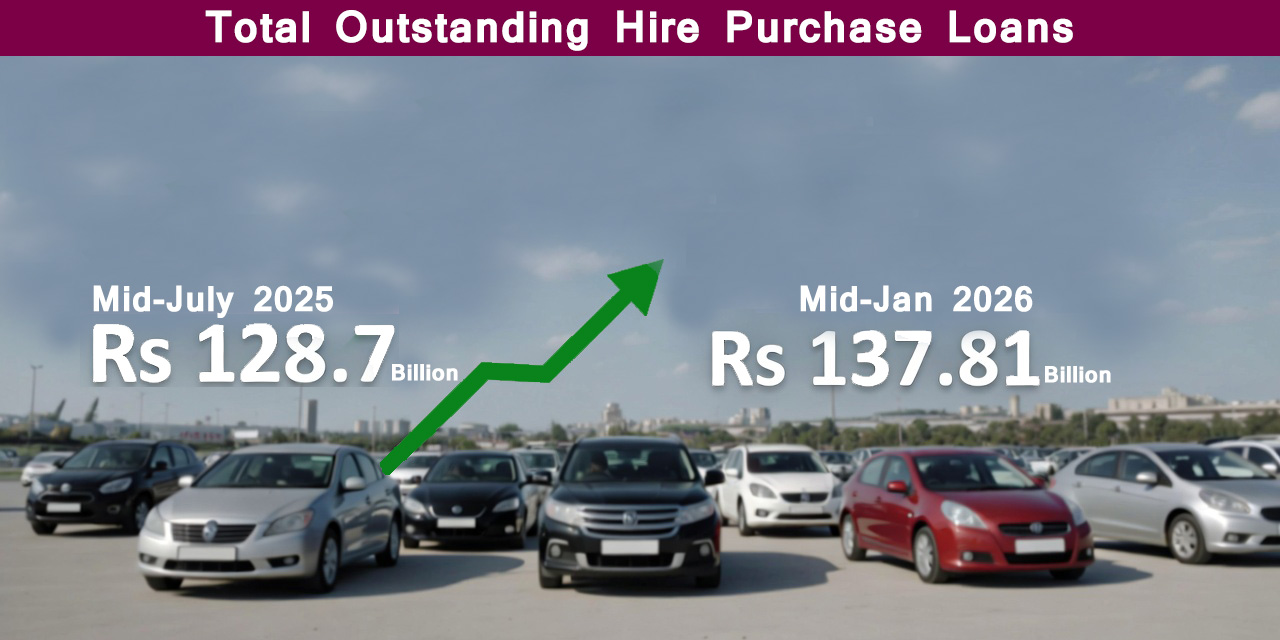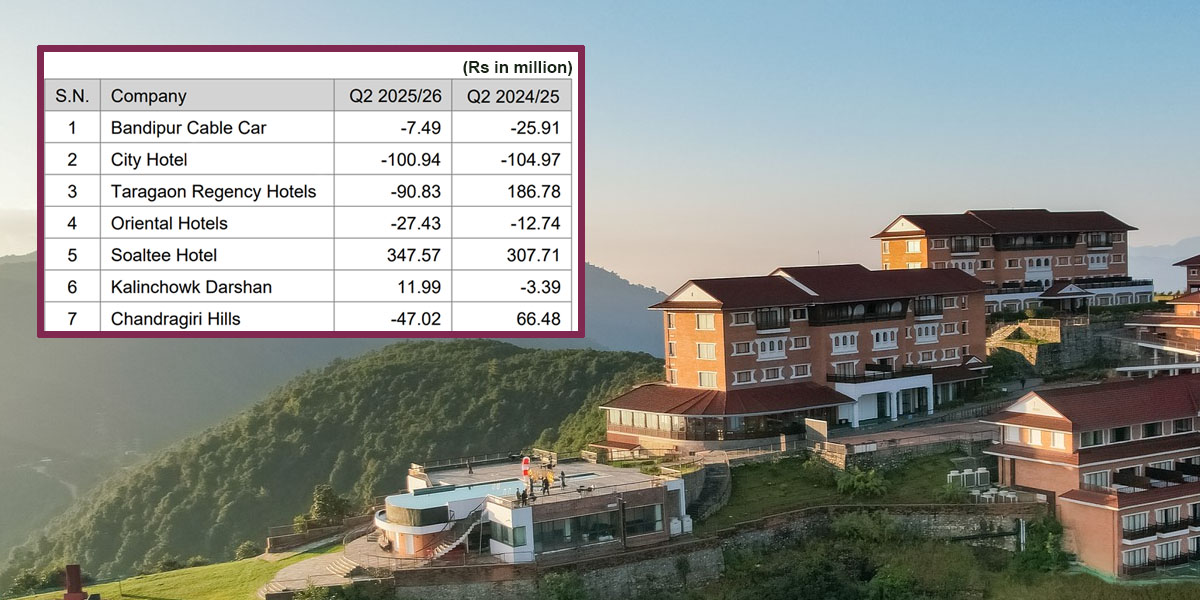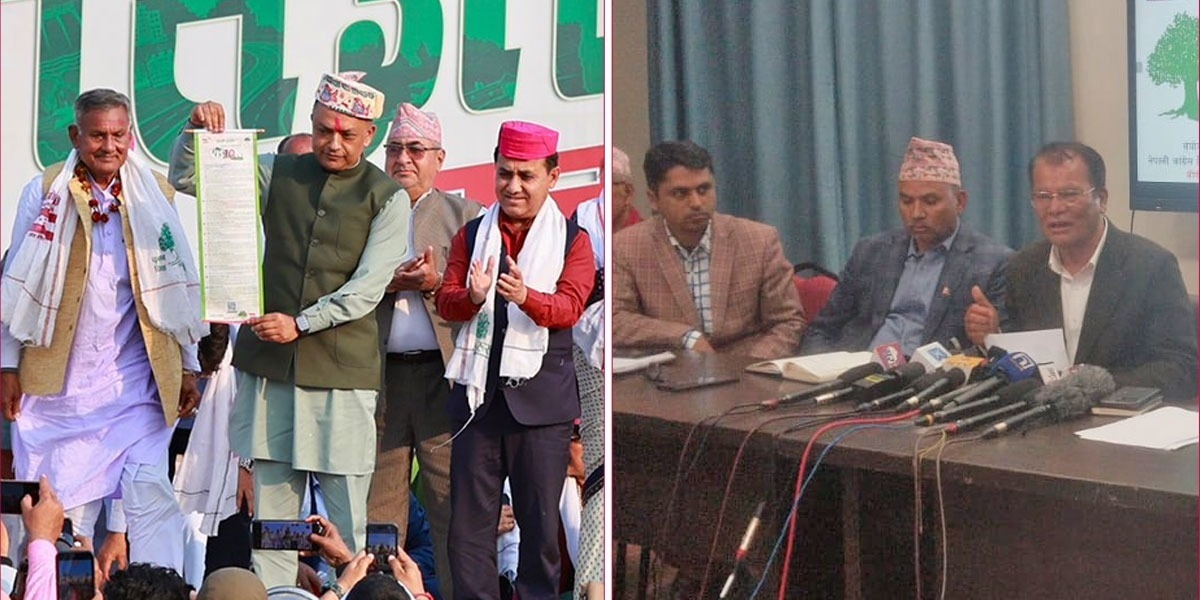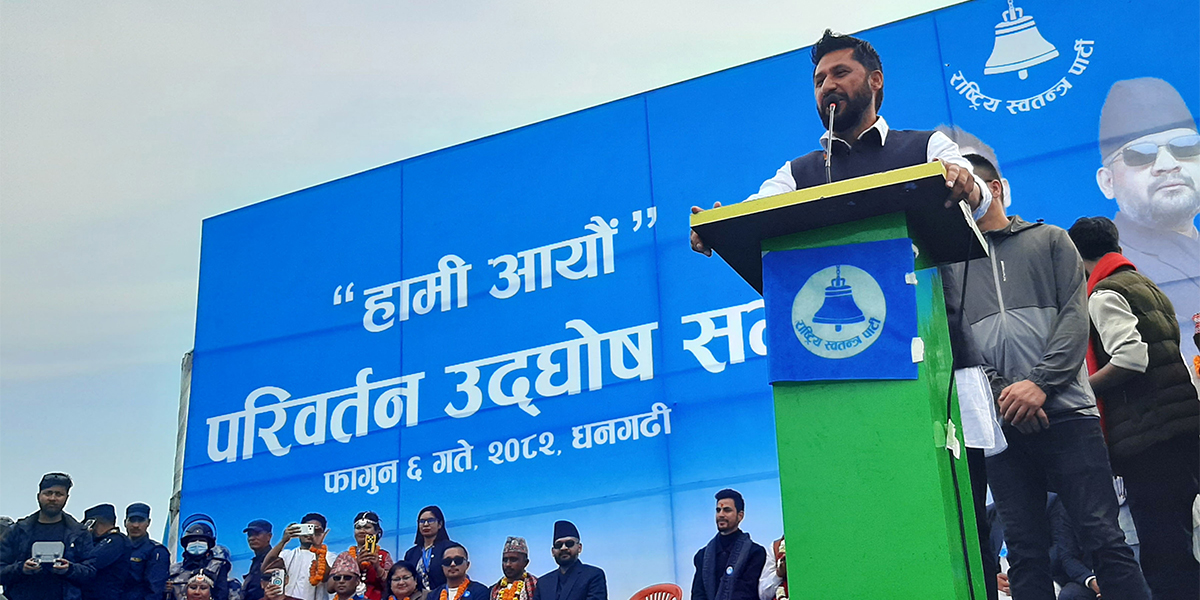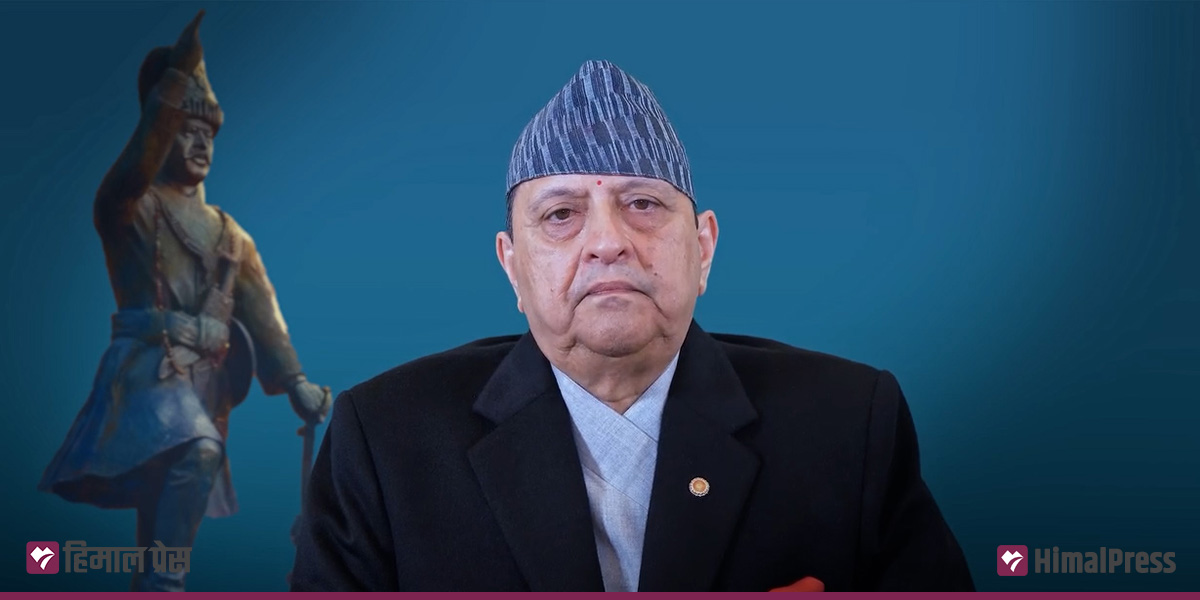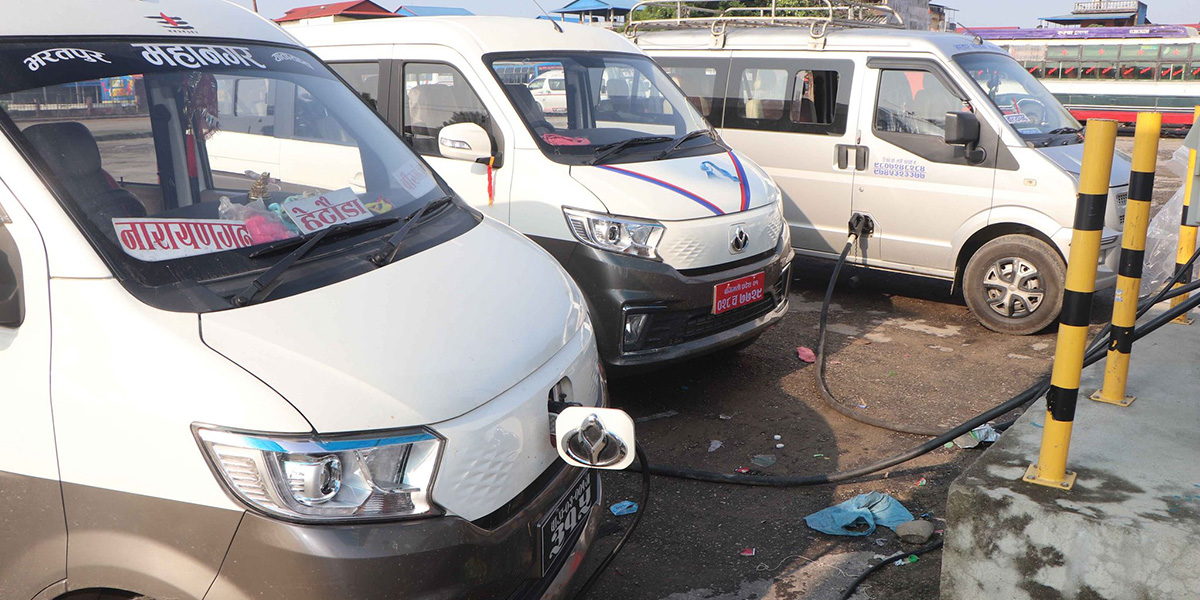
KATHMANDU: Nepal is witnessing a remarkable surge in the import of electric vehicles (EVs), thanks to the government’s move to waive duties on clean vehicles.
According to the Department of Customs, 3,675 units of electric cars, jeeps, and vans entered the country in the first five months of the fiscal year 2023/24. This is nearly triple of the import figures in the same period of the previous fiscal year. The combined import value of these electric vehicles is Rs 9.29 billion.
Nepal imported 1,353 EVs in the first five months of 2022/23.
Data shows Nepal imported 2,028 electric cars with a capacity below 50 kWh with an import value of Rs 5.81 billion in the review period. The number also includes some electric taxis. The number of electric taxis in Kathmandu Valley is on the rise as the Bagmati Provincial Government has stopped registering gasoline cars as taxis.
Likewise, 52 units of electric vehicles with a capacity ranging from 51 kWh to 100 kWh entered the country during the review period. The import value of these cars is Rs 262.64 million. Moreover, 11 units of luxury EVs, with capacities ranging from 201 to 300 kWh, were also imported to the country in the review period.
Despite the surge in passenger car imports, the adoption of EVs in public transport remains slow. Data shows 134 units of microbuses with 11-14 seats and another 56 units with 15-25 seats were imported to the country in the review period. The majority of these microbuses are being utilized in public transportation.
The government currently imposes a 1% customs duty, 13% VAT, and 5% road tax on EVs with a capacity of up to 50 kWh. Similarly, microbuses with 11-14 seats are subject to a 13% VAT, 10% customs duty, and 7% road tax. In comparison, total taxes on gasoline-powered motor vehicles are more than 200%.

 Himal Press
Himal Press 